Varsity innovation hubs revolutionise education
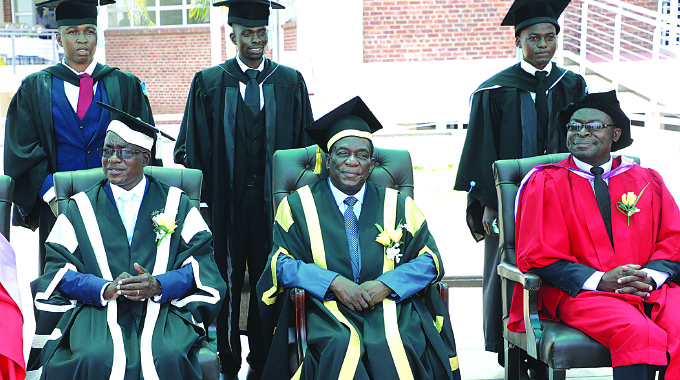
Zvamaida Murwira Senior Reporter
Innovation hubs at universities and colleges will revolutionise the education system by making tertiary centres vehicles of finding solutions to Zimbabwe’s challenges and spur economic growth in line with the Second Republic’s Vision 2030 anchored on National Development Strategy 1 (NDS1), the President has said.
Speaking after the graduation ceremony at Bindura University of Science of Education (BUSE) and touring new developments at the university, President Mnangagwa said he was encouraged by the response from universities in setting up innovation hubs to identify, nurture and patent bankable projects.
They would progress to industrial parks where they would be commercialised as part of Government efforts to support talented students who had innovation ideas.
The President, who is the Chancellor of all State universities, first capped 1 612 graduates with doctorate, masters and undergraduate degrees at a ceremony held at the campus before touring the university’s innovation hub and a new women’s students hostel.
The Second Republic remained ready to provide funding to talented students at universities with brilliant innovation ideas that can help uplift communities.
“Young people talented in different fields will be facilitated, we will give them money for those boys and girls who have ideas. We will finance you. Once we feel that the idea is useful and can serve communities we will then progress towards an industrial park. We will identify a place where we shall now produce the product and commercialise it. If it passes, then it goes into the market and gets intellectual property status,” said President Mnangagwa in an interview.
He chronicled how he conceived the idea of innovation hubs.
“This began when I went to the Zimbabwe International Trade Fair (ZITF) in Bulawayo and National University of Science and Technology (NUST), University of Zimbabwe (UZ), Midlands State University (MSU) and other universities were displaying or making exhibitions of what they are doing.
“When I asked the students as to what would happen to the products or inventions they were displaying, they said it ended there because they had no system of progressing to the second level or third level for commercialisation. That was when I conceived the issue of having innovation hubs at every university. So I tasked my minister, (Higher and Tertiary Education, Innovation, Science and Technology Development) Professor (Amon) Murwira that I want every university to have an innovation hub where any student, boy or girl who has an idea, should be afforded the opportunity to express one’s idea in their minds and proceed to produce the item or the product or the service she thinks or he thinks can serve our people,” said the President.
He said the first innovation hub was in Gweru at MSU.
“BUSE is doing theirs now just because they did not have enough structures for other things, that is why they delayed. But within the last two years you can see the amount of construction and the infrastructure that has come up within two years. This place was started in 2012 but it is only now that the structures are coming up. I am happy that the innovation hub is almost complete. We could have opened it today but there are small items that are not complete. In November it will be ready,” he said.
In his address at the graduation ceremony, BUSE Vice Chancellor Professor Eddie Mwenje commended several efforts being taken by the Second Republic that include the acknowledgement of the importance of human capital development and innovation as creators of a knowledge economy for sustained growth, industrialisation and modernisation in the country.
One Bindura student’s innovation was being showcased at the Dubai Expo, while one of their researchers had come up with a new toothpaste, adding on to other innovations taking place at other institutions countrywide.
“We will indeed see new industries built, new products produced and we will export new products, meat and beef across the world,” said Prof Mwenje.
Chronicling major highlights of the university’s achievement, Prof Mwenje listed completion of the female student hostel at a cost of $80 million that was at an advanced stage. The optometry clinic that was commissioned by President Mnangagwa in November last year was now fully operational and open to the public, and the near completion of the innovation hub built for $912 million, the goat project where there is artificial insemination, among others.
He said the institution’s optometry clinic opened to the public last month after complying with the rigorous standards and protocols by the relevant regulatory authorities including the Health Professions Council.
“Patronage of the health facility by patients of various socio-economic statuses has been most humbling and encouraging. It is undoubtedly evident that our timely intervention in this area of eye care and health provision has filled a gap of great need not only in Mashonaland Central Province but even to patients from far flung areas of the country,” he said.
The event was attended by Prof Murwira, Members of Parliament, business leaders and Government officials.


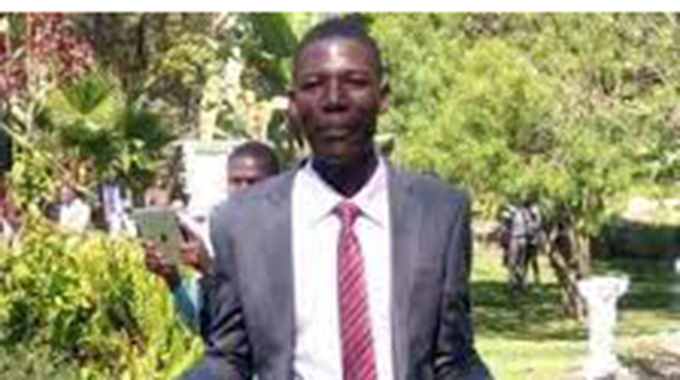
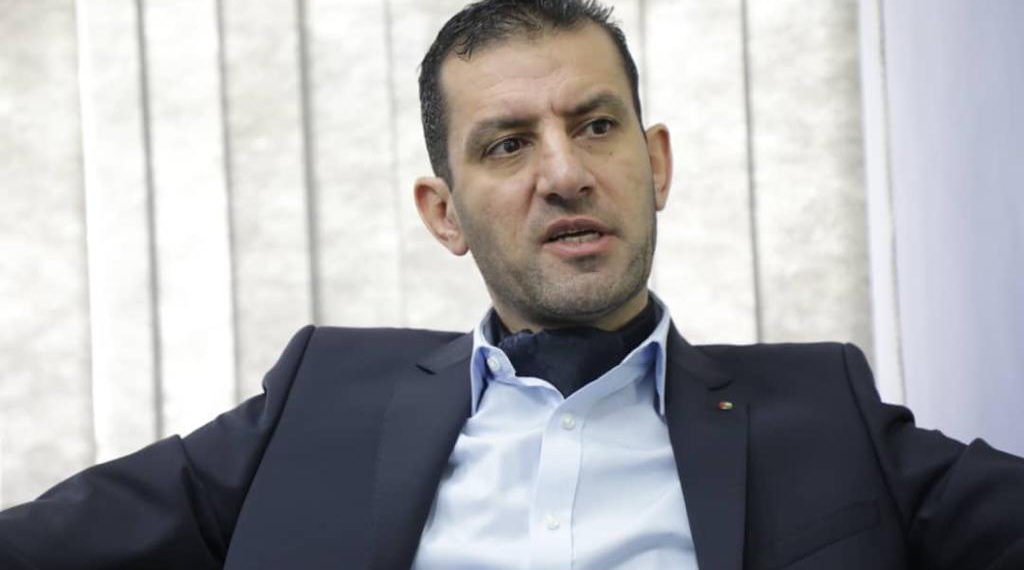
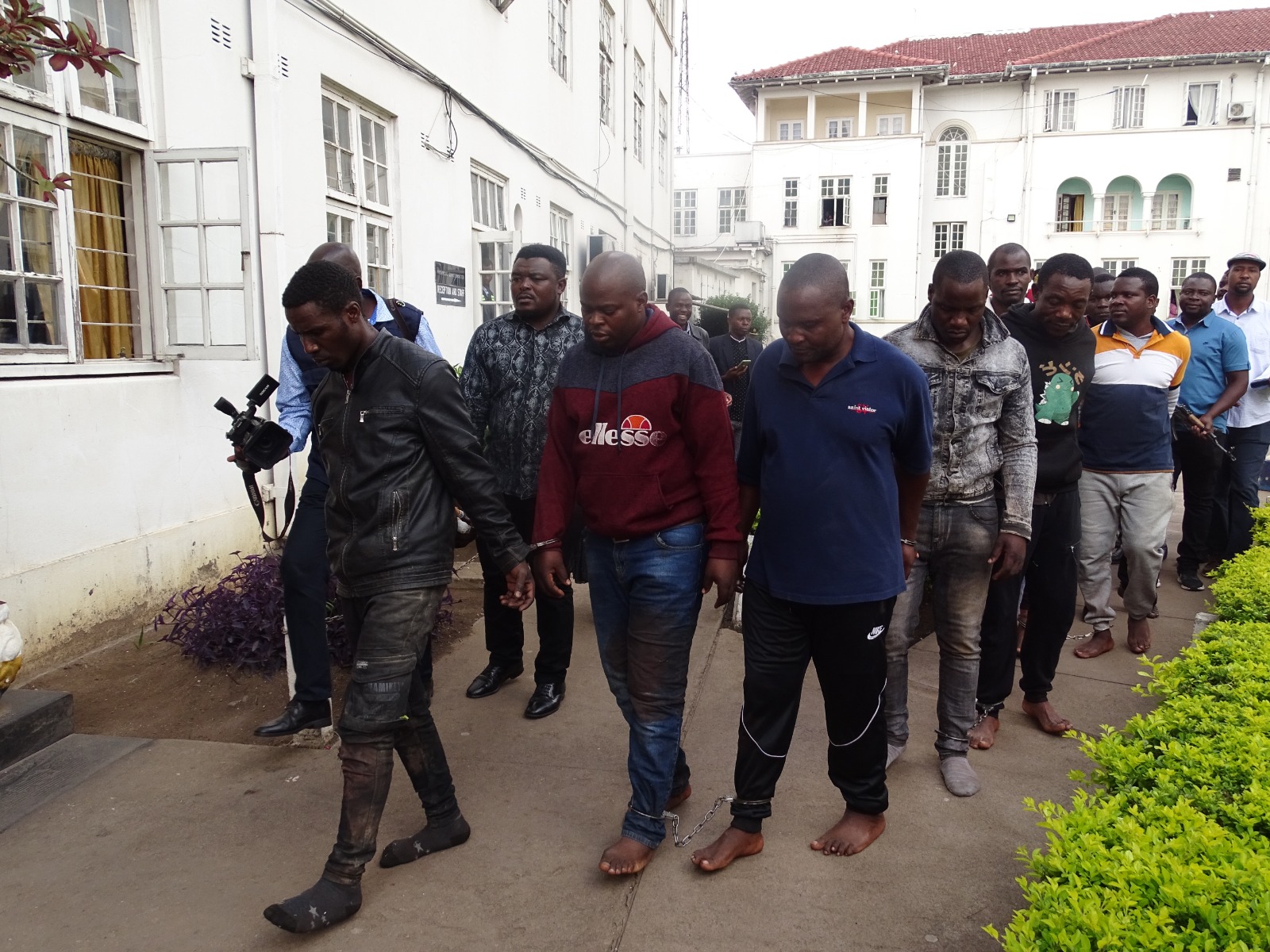
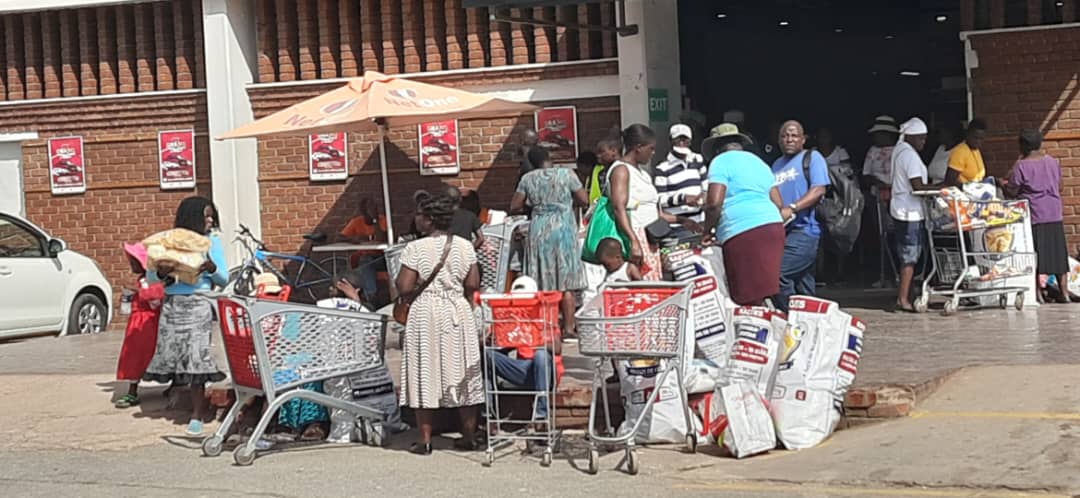

Comments